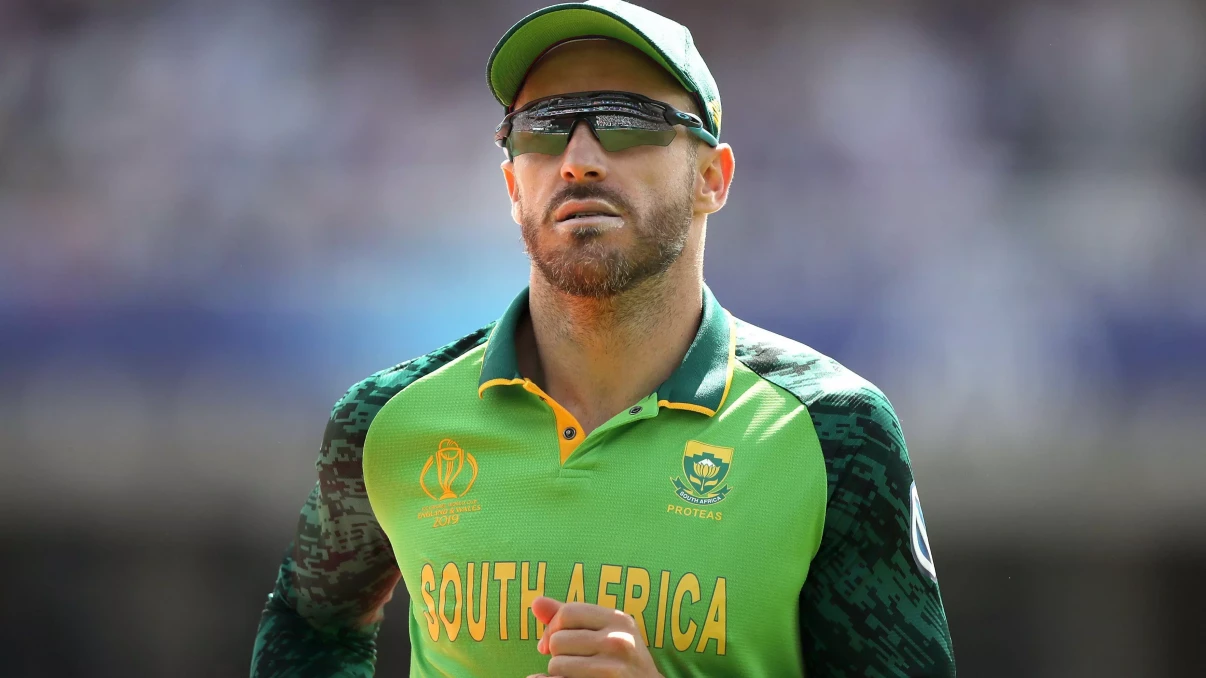Past Proteas Captains back CSA’s ‘no selectors’ trial
By Kate Nokwe
9th October 2023

Former Men’s Proteas captain Faf du Plessis believes Cricket South Africa’s move to eliminate selectors will bring about greater accountability.
Since their hiring in February, coaches Shukri Conrad and Rob Walter have been solely in charge of their squads, with no other influence other than their captains.
And du Plessis, who was one of South Africa's most successful captains in all three formats between 2013 and 2020, believes this trial will ensure fingers are pointed in the right direction.
"Accountability, I'm a fan of that. I think it's great when you can put your hand up and say 'It was my bad, my mistake' and you can learn from it,” he told SABC Sport.
“If it's not your bad or your mistake then someone tells you it's your bad and your mistake and gets rid of you. I've always liked accountability, I think I'm a straight shooter. I like people working in the same environment. So, obviously, two people making the decision they feel like this is our decision, we are gonna have to live by the sword or die by the sword," du Plessis said.
The 39-year-old first led South Africa in the shortest format in 2013, before taking over as Test captain in 2016 and ODI captain in 2017.
He admits in the beginning, he had little to no influence on how his dressing room looked and would have embraced this decision.
"I started with not a lot of say at all as captain, which was frustrating but then towards the end I felt like I had a really good relationship with the selectors. I felt like I had a lot of say. An old saying is 'Too many chefs in the kitchen' it always comes back to that. The less guys you have in the room, it's obvious, that it's easier to pick a team because if you have 10 guys asking to pick a team, you'll have five different teams. So, it's just a little bit easier," he added.
As previously reported by SABC Sport, director of cricket Enoch Nkwe revealed this new strategy is currently just for the men's teams, while the girls are in transition, but will soon be used across the board.
Meanwhile, Suné Luus echoed Du Plessis' sentiments. Before standing down as captain in August, Luus led the women's national team for more than two years, including a record T20 Women's World Cup final in February.
"That makes more sense to me. Obviously, the coach and the captains are on tour the whole time whereas the selector can't always be on tour with us and therefore they can't always see what happens in the net, or who's in-form and who's not. Whereas the coach and captain are there the whole time, they can see what's happening around the team. So, I think it's a bit more realistic for the coach and captain to decide the first 11," Luus claimed.
While both leaders recognise the value of an objective voice, they are adamant one is better equipped with the team’s working environment than individuals on the team.
"You get a selector that's sitting at home and having to make a call in India or wherever we are playing. I think that was always a bit tricky for them as well because they only know what the coach maybe can tell them,” said Luus.
“I think everyone is gonna have their own opinion about it and whether they want to go with it or not but we'll see for the next season how it goes and if it's actually successful,” she concluded.

16_144x91.webp)






